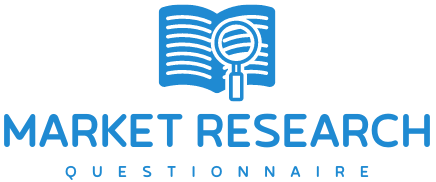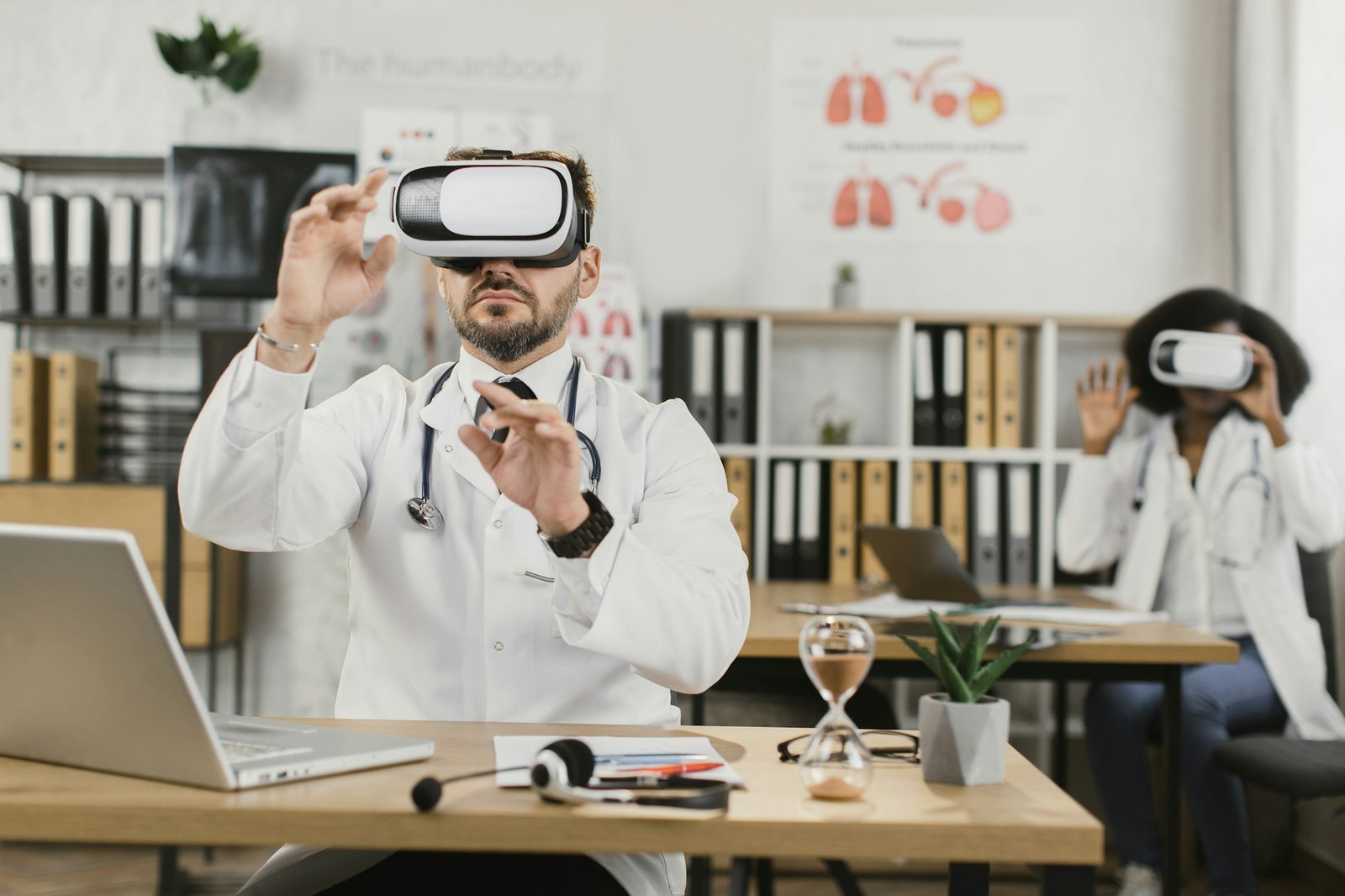The pharmaceutical industry stands on the brink of a revolution, with Artificial Intelligence (AI) leading the charge. This transformative technology is reshaping every facet of the sector, from drug discovery and development to clinical trials and patient care. In this comprehensive guide, we delve into the myriad ways AI is revolutionizing medicine, offering insights into its current applications, potential future developments, and the challenges it faces.
The Advent of AI in Pharma
The Foundation of AI in Medicine
AI’s integration into the pharmaceutical industry is built on its ability to process and analyze vast amounts of data at speeds and accuracies that far surpass human capabilities. Machine learning algorithms, a subset of AI, can identify patterns and insights within the data, paving the way for groundbreaking advancements in drug discovery and beyond.
Transforming Drug Discovery and Development
AI accelerates the drug discovery process by predicting how different chemical compounds will react with targets in the body. This not only speeds up the identification of potential drugs but also significantly reduces the costs associated with R&D, making the process more efficient and less resource-intensive.
AI-Driven Clinical Trials
Patient Recruitment and Retention
AI algorithms can sift through medical records to identify potential trial participants, matching them with suitable clinical studies based on their health data. This precision recruitment shortens the timeline for trials and improves patient retention rates by ensuring a good fit between the trial and the participant.
Monitoring and Safety
AI tools monitor patient data in real-time during trials, quickly identifying adverse reactions or other safety concerns. This immediate feedback loop enhances patient safety and can lead to quicker adjustments in trial protocols.
Personalized Medicine and Patient Care
Tailoring Treatments
AI’s data-analyzing capabilities enable the development of personalized medicine, tailoring treatments to the individual’s genetic makeup, lifestyle, and environment. This bespoke approach increases the efficacy of treatments and reduces the risk of adverse reactions.
Enhancing Patient Engagement
AI-powered apps and devices provide patients with personalized health recommendations, medication reminders, and more, fostering an active role in their health management and improving treatment outcomes.
Overcoming Challenges with AI
Data Privacy and Security
The reliance on vast datasets raises significant concerns about patient privacy and data security. Ensuring the ethical use of data and implementing robust cybersecurity measures are paramount for the continued integration of AI in healthcare.
Regulatory Hurdles
The regulatory landscape for AI in medicine is still evolving. Establishing clear guidelines that ensure patient safety without stifling innovation is a delicate balance that regulators must achieve.
The Future of AI in Pharma
Beyond Drug Discovery
The potential applications of AI extend beyond drug discovery and development. AI is set to revolutionize areas such as pharmacovigilance, market analysis, and even the automation of laboratory and manufacturing processes.
Collaborative Ecosystems
The future will likely see increased collaboration between pharmaceutical companies, tech giants, and AI startups. These partnerships will drive innovation, streamline drug development, and bring more effective treatments to market faster.
FAQs: AI Transforming the Pharmaceutical Industry
1. How does AI improve drug discovery?
AI improves drug discovery by analyzing vast datasets to predict how substances interact, identifying potential drug candidates faster and more cost-effectively than traditional methods.
2. Can AI replace human researchers in the pharmaceutical industry?
While AI can enhance and accelerate many processes, it cannot replace the critical thinking, creativity, and intuition of human researchers. AI is a tool to augment human capabilities, not replace them.
3. What are the main challenges of integrating AI into pharmaceuticals?
The main challenges include ensuring data privacy and security, overcoming regulatory hurdles, and managing the high costs associated with implementing AI technologies.
4. How does AI contribute to personalized medicine?
AI analyzes individual patient data, including genetic information, to tailor treatments specifically to the patient’s unique health profile, improving treatment efficacy and reducing side effects.
5. What is the future of AI in the pharmaceutical industry?
The future of AI in pharmaceuticals includes broader applications across the drug development cycle, enhanced patient care through personalized medicine, and the creation of collaborative ecosystems that foster innovation.
In conclusion, AI is set to transform the pharmaceutical industry in unprecedented ways, making drug discovery and development more efficient, enhancing patient care, and paving the way for personalized medicine. Despite the challenges, the potential benefits of AI in revolutionizing medicine are immense, promising a future where treatments are more effective, affordable, and accessible.




